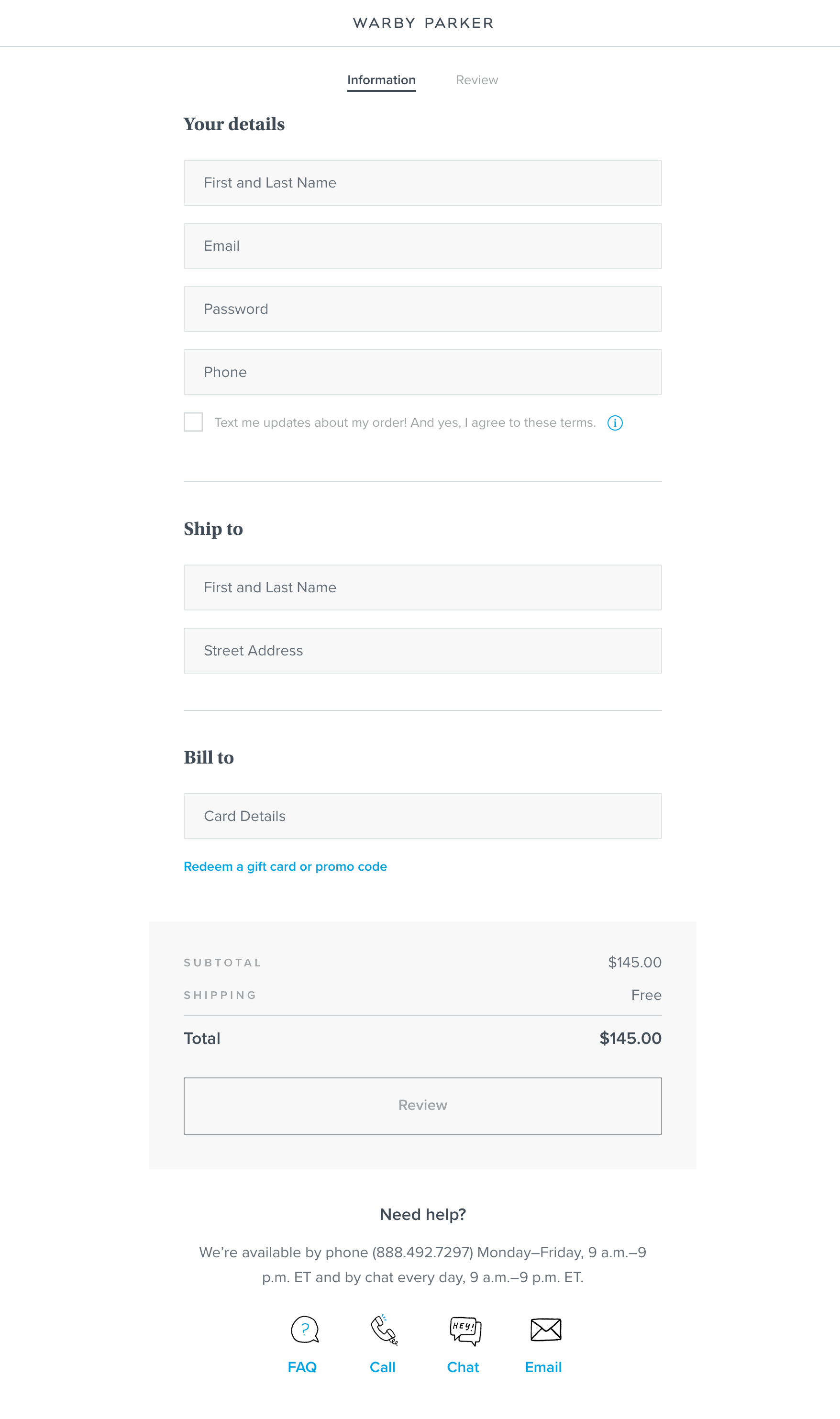E-commerce is booming. With growth in smartphone and tablet use, e-commerce sales continue to grow year over year. According to ComScore estimates, e-commerce generated an est. $340 billion in 2016. With the multibillion dollar expansion of e-commerce and mobile commerce, many brick and mortar small businesses have shown interest in having an e-commerce presence as well.
According to Pew Research, 72% of American adults now own a smartphone, up from 35% in 2011. Many of these smartphone users access information about your company, products, services, reviews etc. online. So, if you want to reach customers where they are … online is a good place to start.
Starting an online business is easy and hassle free compared to offline business. Once your online store is fully functional it is also easier to scale.
After all, there are a lot of factors you need to consider if you want to make your online store a success. However, I want to talk about the things you need to do right before you start selling online.
1. Focus on customer retention
Once your online store is up and running, consistently look for ways to retain your clients and customers. Once someone makes a purchase from your site and they have opted-in to future communications you can add their email to your newsletter list. This is a convenient way to share new product information and industry happenings to engage existing customers. Amazon.com does a great job of this.
2. Setup website analytics
This is the most overlooked aspect of e-commerce. You need to track your website traffic and conversions. One of the most popular ways is to setup Google Analytics or Piwik Analytics. These services require inserting code into your website and will provide detailed analytics of your e-commerce store.
You also need to configure e-commerce tracking, but it is very easy and Google provides great tutorials for this. Analyze sources of traffic, bounce rate, conversion rate, social media performance, etc. Setting up data analytics will help you market your website in a much better way.
3. Learn SEO basics
SEO can drive a ton of quality traffic to your online store for free. SEO is a simple way to make your website discoverable for search engines and consequentially, shoppers. However, SEO for an e-commerce store is more involved than a standard company website. You’ll need to consider product descriptions, categories, uniform URL structures, meta tags and more. If you are new to SEO check out this Beginners Guide To SEO at Moz.
4. Create a simple checkout process
Online shoppers generally want to quickly make a purchase and be done with it. Creating too many steps at checkout can increase cart abandonment. A one page checkout is ideal for a user to check their final order and enter their billing/shipping information. Display a confirmation page before they hit the submit button. Anything more than that is only a barrier to complete the checkout process.

5. Create a basic social media plan
Social media can make or break your online business. If you are running an online store, you need to have a social media presence. By using a few key platforms that match the demographics of your audience, you can grow brand awareness rather quickly. Social media can help you build a loyal customer base and a trusted brand.
6. Deliver ‘wow’ customer experiences
Pay close attention to every detail of a customer’s journey. From when a visitor lands on your website to the checkout process, focus on delivering a ‘wow’ experience. Deliver fast page loads, enhanced user interface (UI) and a powerful user experience (UX). Smashing Magazine has organized a selection of their most useful and popular articles related to Usability and User Experience here.
7. Don’t skimp on site security
Securing customer data should be at the top of your list. You are dealing with quite sensitive information like credit card numbers, personal details, addresses, etc. Many e-commerce platforms already include security essentials, but you still need to double check all technical aspects with your developer before you start selling online.
Final thoughts
You have put a lot of effort into building an e-commerce store so don’t let silly mistakes grind sales to a halt. By checking these items off your list you will be better prepared to create a store that runs well and scales with ease.
This article has been edited and condensed.
Gaurav Kanabar is the Founder and CEO of Alphanso Tech, a globally acknowledged India based IT Consulting company that provides web and mobile app development and IOT and business intelligence solutions. Connect with @alphansotech on Twitter.
© YFS Magazine. All Rights Reserved. Copying prohibited. All material is protected by U.S. and international copyright laws. Unauthorized reproduction or distribution of this material is prohibited. Sharing of this material under Attribution-NonCommercial-NoDerivatives 4.0 International terms, listed here, is permitted.













